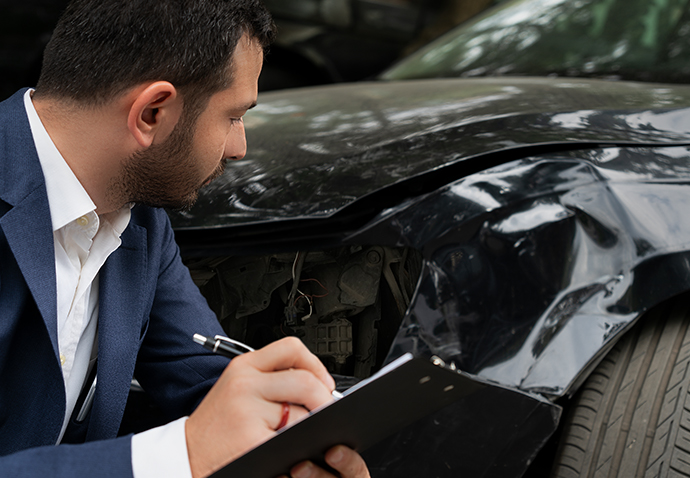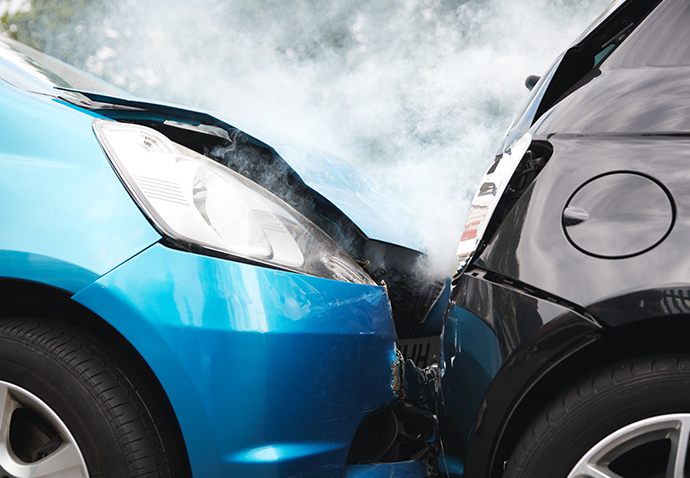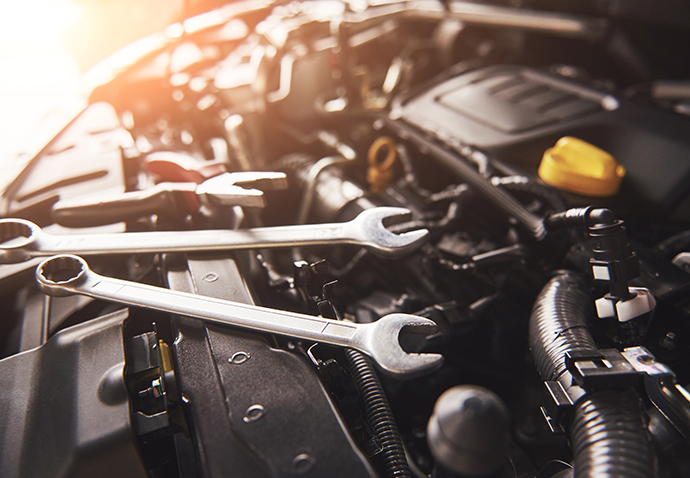Working On Your Behalf
The CAR Coalition is working at the federal and state levels to champion your right to your vehicle data. Learn more about our key policy pillars.

The CAR Coalition is working at the federal and state levels to champion your right to your vehicle data. Learn more about our key policy pillars.
As vehicles become more advanced, the amount of data being collected has increased. And yet, car companies -- not the vehicle owners -- control it. The CAR Coalition believes consumers deserve the right to control who has access to their vehicle-generated data and when. The Coalition opposes any federal action to prevent states from examining this issue and letting citizens have their say.
According to the U.S. Department of Labor Consumer Price Index, the cost of buying a new vehicle remains stable while the cost to repair vehicles continues to rise faster than the rate of inflation. In June 2020, the owner’s cost to repair their vehicle was up 3.8% compared to 2019, while the cost to buy a new vehicle was down 0.2%. It shouldn’t cost an owner more to fix their car than to replace it. When consumers have no choice in where and how they repair their car, it drives prices up and creates an unfair market.
Antiquated patent laws have not kept pace with innovations in the auto repair industry. This has led to rising prices and fewer choices for consumers who need to fix their cars. Original equipment manufacturers should not be allowed to use these laws to prevent competition. Policymakers must examine ways to update these laws and allow for expanded choices and greater competition in the post-collision repair market.
The independent auto parts industry produces high-quality, cost-effective parts that are vital for post-collision repair. These companies represent nearly three quarters (70%) of the total parts and service market, which is the largest consumer repair industry in America. Independent auto parts companies are not seeking special treatment in the post-collision repair market. They are simply seeking a level playing field and an equal opportunity to serve their customers.
The CAR Coalition is composed of leading companies, associations and insurers committed to providing consumers with a cost effective and transparent auto repair process.
The industry produces high quality, cost-effective parts independent of original auto manufacturers. Many of these parts are critical for vehicle repair and maintenance after a new vehicle is purchased by the consumer from the original equipment manufacturer (OEM). The independent auto repair industry has provided consumers with high quality options for repair since the early 20th century. According to the Auto Care Association, total sales for independently produced goods and services exceeded $392 billion in 2018. Independent auto companies represent nearly three quarters (70%) of the total parts and service market. It is the largest consumer repair industry in America.
According to the U.S. Bureau of Labor Statistics, prices for motor vehicle repairs were 61.07% higher in 2017 than they were in 2000. As an example, a basic bumper cover ($498) is more expensive than noise-canceling headphones ($400). And this does not account for labor costs! The reason? Repair costs are increasing largely due to restrictive patents that should not be applied to repair parts and other restrictions limiting consumers’ use of independent parts and repairs. Independent repair facilities often also face large fees to access vehicles’ repair procedures and utilize encrypted OBDII ports, additional costs which are ultimately borne by the consumer. Commonsense rules protecting competition in the repair market and informing consumers about their options can help.
Unfortunately, cars increasingly include software that restricts the reuse and repair of automobile parts, and the ability for car owners to control access to their vehicle-generated data. While cybersecurity is critical, such artificial limitations on consumer choice are not necessary for ensuring secure systems. The application of patents on new car parts to those vehicles’ repair also limits competition. Repair facilities not certified by OEMs have also found themselves increasingly unable to purchase certain repair parts, further limiting consumer choice of where they can repair their vehicle. Consumers are also being told that warranties will be voided if OEM recycled parts or aftermarket parts are utilized in the repair, while shops can lose their certifications if they utilize these parts in the repair. These restrictions inhibit competition and third-party innovation that could ultimately benefit consumers.
A repair restriction is a limitation on the ability of or an obstacle making it impossible for consumers and independent repair shops to repair a vehicle. Such restrictions may also affect consumers’ rights under the Magnuson-Moss Warranty Act, which protects consumer rights under warranties.
For example, many drivers have already heard a message from their on-board computer following accidents. However, they are too often denied the option – without even realizing it. For example, many drivers have already heard a message following accidents, “Hello Mrs. Jones, we see you have been in an accident. Can we help you? Do you need medical assistance? When you have your vehicle repaired, please drive to your local OEM ‘Anytown Dealer’ for an authorized safe and correct repair. ‘Anytown Dealer’ has started your repair order and is waiting for you. Thank you.”
These consumers may not have realized that they were giving their valuable vehicle-generated data away for free while paying to be directed to a dealership for repairs and service.
Absolutely. Automotive manufacturers, both independent and original, use the same processes to produce parts. In fact, many independently produced parts are often made by the same manufacturers that make automaker-branded parts. Many independently produced parts are certified by a third party to demonstrate their quality and comparability to the automaker branded part. As an example, the Certified Auto Parts Association (CAPA) provides comprehensive standards for aftermarket part certifications. Additionally, our members have an extensive history of being at the forefront of improving road and vehicle safety, from seatbelts and airbags to distracted driving laws. In fact, insurers founded the Insurance Institute for Highway Safety, which engages in rigorous vehicle and road safety research, as well as vehicle testing and grading.







